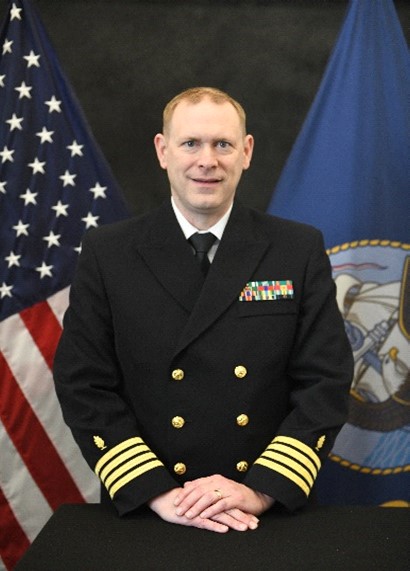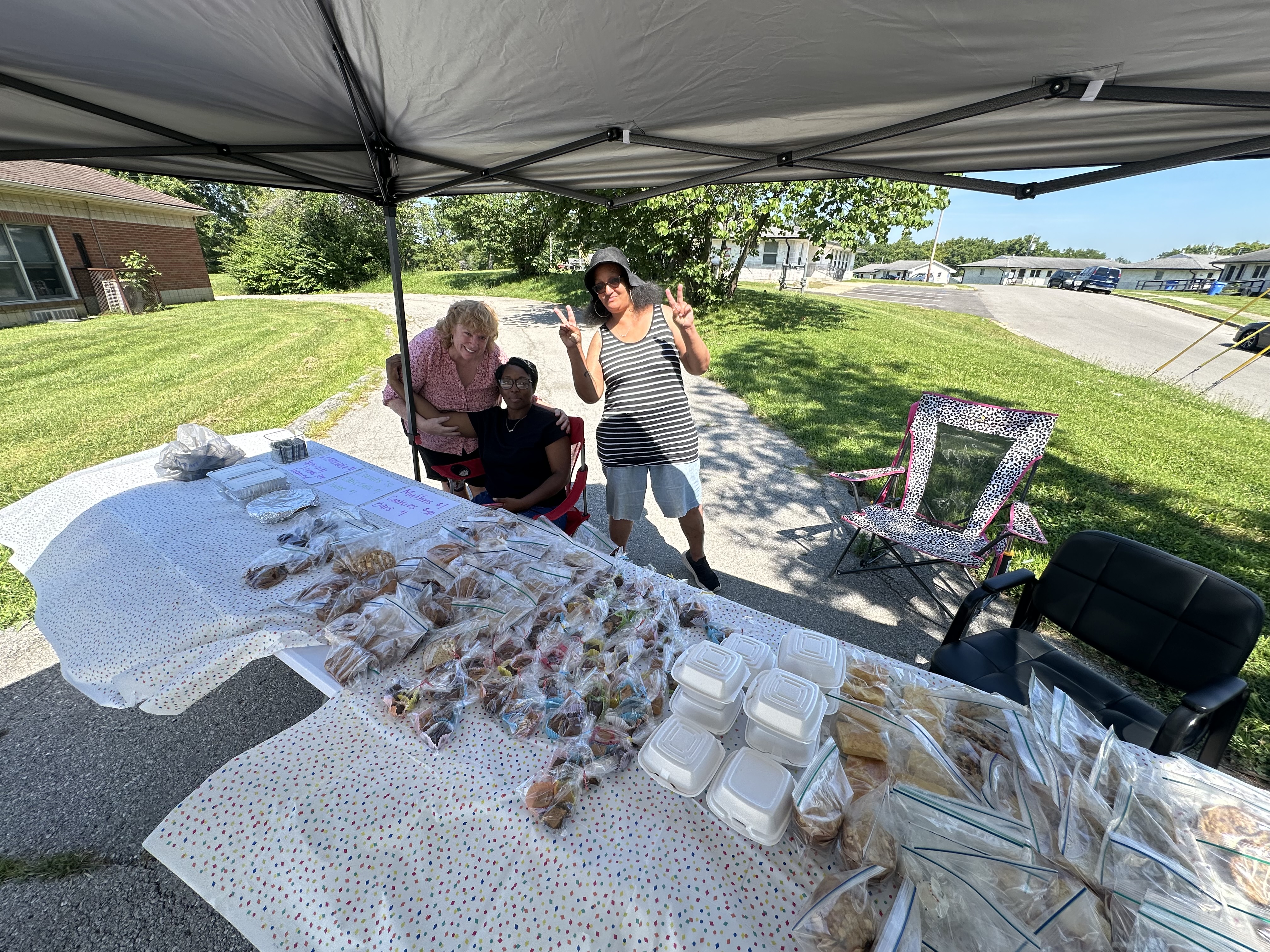Community discusses confronting opioid use disorder
Published 6:30 pm Wednesday, May 29, 2024
|
Getting your Trinity Audio player ready...
|
In Clark County, health-related discussions can incorporate a range of topics dedicated to improving the community.
A week’s worth of them were recently featured.
As a part of community conversations on opioid use disorder, different workshops were showcased to present how individuals can support people with substance use disorder (SUD) and their families and how the community can work together to reduce stigma.
Trending
The workshops were held at various locations, including the Clark County Extension Office, the Recovery Community Center at First Baptist Church, and the Clark County Health Department at 273 Shoppers Drive.
“I want the stigma to stop,” said Juanita Everman, former Executive Director of Achieving Recovery Together and a leading community advocate. “We need people educated on recovery [to know] that change is possible. People can recover and have productive lives.”
Last year, in Madison County, Tedra Cobb, a consultant trainer facilitator with the University of Rochester (UR) Medicine Recovery Center of Excellence, led a group of similar workshops.
After Everman contacted Cobb, they agreed to proceed with the sessions, and meetings started in January.
By the beginning of May, enough word had spread to gather others.
“Several people that came throughout the week [are] an example [of recovery],” Everman added. “We had people from businesses that are service providers for recovery. We had family members…we had a wide variety of people. I’m glad for that.”
Trending
At the final day’s workshop, called “Train the Trainer,” Cobb – who led all the previous workshops also – guided others in how to facilitate working with those who might be confronting opioid use disorder or substance use disorder.
Among other points, this included focusing on communication.
“There’s different language within the recovery community,” she said. “It’s vital for us to pause.”
For example, it can be more beneficial to differentiate by saying that a person “has a disorder” rather than saying that someone “is” the disorder mentioned.
She also emphasized the ARCS model.
As an acronym for “Attention, Relevance, Confidence, and Satisfaction,” ARCS focuses on priorities such as building in learners a positive expectation of success and both encouraging and supporting an intrinsic enjoyment of the learning process.
Exploring different experiences and learning from one another to respond better and provide support, partly by answering questions such as “What makes people want to change?” were also mentioned.
In addition to the group discussion, those in attendance watched a video that displayed testimonials from others in recovery and additional information.
While various other points were made, the all-encompassing idea that attendees agreed upon is that recovery is definitely possible.
Cobb, who supports over 400 people around the country in leading workshops in their community, finds it rewarding to see others grow beyond the workshop.
She also senses much hope for Winchester, given the many resources available.
“Every community is pretty amazing, and everyone doing this work is amazing,” she said. “[Many] people have talked about how many more resources Winchester has [now] than in the past…you can see that that work is happening.”






